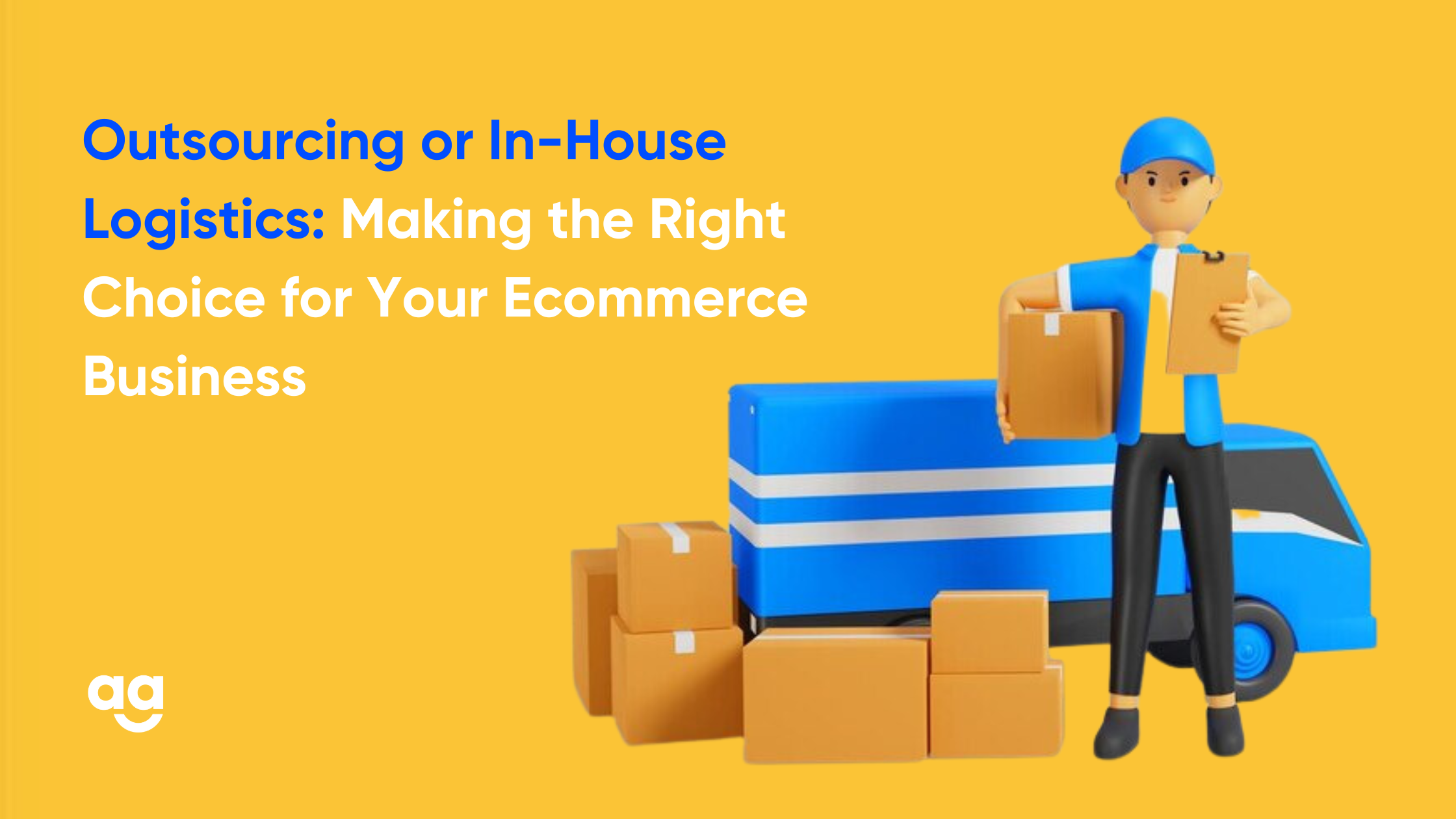Introduction
Efficient logistics operations are crucial for businesses to thrive in today’s competitive landscape. When it comes to managing logistics, companies face a significant decision: whether to outsource their logistics functions or handle them in-house. Each approach has its benefits and considerations. In recent years, a balanced approach has emerged, where companies leverage partnerships to optimize their logistics operations. In this blog post, we will explore the dynamics of logistics outsourcing, in-house operations, and the importance of finding the right balance through strategic partnerships.
1. Logistics Outsourcing: Leveraging External Expertise
Outsourcing logistics functions involve entrusting the management of various aspects, such as transportation, warehousing, and distribution, to third-party logistics (3PL) providers. This approach offers several advantages:
Access to Specialized Expertise and Resources
Partnering with established logistics providers brings access to their expertise, knowledge, and industry best practices. 3PL providers have dedicated teams with the skills and experience to optimize logistics operations, improve efficiency, and reduce costs. They also possess the necessary infrastructure, technologies, and networks to handle complex logistics tasks effectively.
Scalability and Flexibility
Outsourcing logistics allows businesses to scale their operations based on demand fluctuations. Companies can adjust the level of logistics services required without the need for significant investments in additional resources or infrastructure. This flexibility enables businesses to respond quickly to market changes, manage seasonal variations, and expand into new markets with minimal risk.
Cost Optimization
Outsourcing logistics can result in cost savings. By leveraging the economies of scale and expertise of 3PL providers, companies can reduce expenses associated with transportation, warehousing, labor, and technology investments. Additionally, outsourcing eliminates the need for capital expenditures on logistics infrastructure, such as warehouses and transportation fleets.
2. In-house Operations: Maintaining Control and Customization
Handling logistics operations in-house offers companies a higher level of control and customization over their supply chain. Some key considerations include:
Full Control and Visibility
Managing logistics internally provides businesses with complete control over every aspect of the supply chain. They have direct oversight of operations, enabling real-time decision-making and the ability to respond swiftly to customer demands and market changes. In-house operations also provide better visibility into the entire supply chain, ensuring transparency and accountability.
Tailored Solutions and Brand Consistency
In-house logistics operations allow companies to develop and implement customized solutions that align with their specific requirements and brand identity. They can design logistics processes that are unique to their business model and customer expectations. In-house operations offer the opportunity to create a distinctive competitive advantage by providing a seamless and consistent customer experience.
Strategic Alignment
Keeping logistics operations in-house facilitates closer integration and alignment with other internal functions, such as production, sales, and customer service. This integration enhances collaboration and coordination, streamlining the overall supply chain and improving operational efficiency.
3. Finding the Right Balance with Partnerships
Rather than choosing an all-or-nothing approach, many companies are discovering the value of a balanced strategy that combines the benefits of outsourcing and in-house operations through strategic partnerships:
Collaboration with 3PL Providers
Partnering with 3PL providers enables companies to leverage external expertise and resources while maintaining control over critical aspects of their logistics operations. By carefully selecting the right partners, businesses can delegate specific functions to trusted providers, such as transportation or warehousing, while retaining control over strategic decision-making and core competencies.
Collaborative Technologies
Technological advancements, such as cloud-based platforms and supply chain management systems, enable seamless collaboration and data sharing between companies and their logistics partners. This promotes transparency, visibility, and effective communication throughout the supply chain, fostering stronger partnerships and achieving operational synergies.
Shared Goals and KPIs
Effective partnerships rely on shared goals and key performance indicators (KPIs). By aligning objectives and metrics, companies and their logistics partners can work towards mutual success. Regular performance evaluations and open communication channels help identify areas for improvement and optimize the partnership for maximum efficiency and value.
Conclusion
In the realm of logistics operations, the choice between outsourcing and in-house management is no longer an either-or decision. A balanced approach that leverages partnerships allows businesses to benefit from external expertise while maintaining control and customization over critical aspects of their supply chain. By collaborating with 3PL providers, harnessing collaborative technologies, and aligning goals and KPIs, companies can find the right balance and optimize their logistics operations for improved efficiency, cost-effectiveness, and customer satisfaction.
FAQs
Q. What is the difference between in-house and outsourced logistics?
A. The fundamental difference between in house logistics and outsource logistics is that the former offers businesses a higher level of control and customization over their supply chain and the latter gives businesses access to the expertise of established logistics players and best practices in the industry.
Q. Who benefits the most from outsourcing?
A. Businesses that gain the most from the advantages of outsourcing logistics are the ones with limited capital to invest in in house logistics, lack experience and expertise in logistics operations, have limited access to technology, and limited flexibility to adapt operations to fluctuating demand.
Q. What are the types of logistics outsourcing?
A. The various types of logistics outsourcing include warehousing, transportation, freight forwarding, reverse logistics, and distribution.
Q. What is an example of logistic outsourcing?
A. For instance, you are an eCommerce business that has a minimum of 250 orders every week. By outsourcing the logistics, your logistics partner would pick the packages from your manufacturer, transport them to the warehouse and have them picked and packed. It would also include the final leg of the order journey, the last mile, and ship it to the end customer.
Q. What are outsourcing risks?
A. Companies that outsource supply chain stand to face several risks which include loss of control over logistics operations, unforeseen costs by the 3PL provider, and lack of consistency in operations often leading to constant delays.







 Shipping
Shipping







